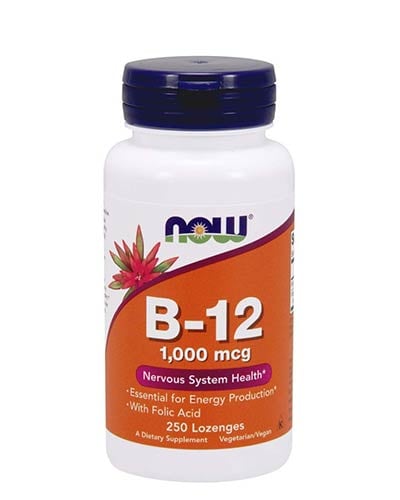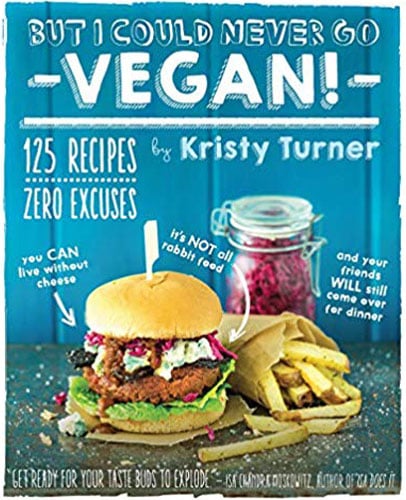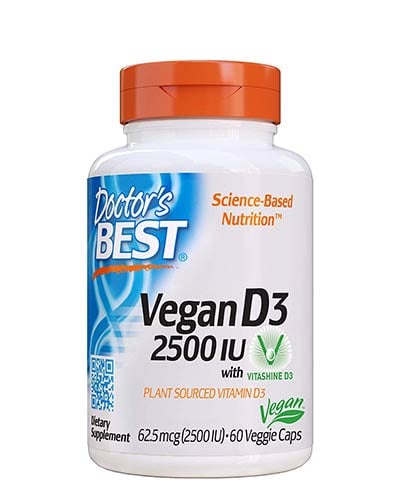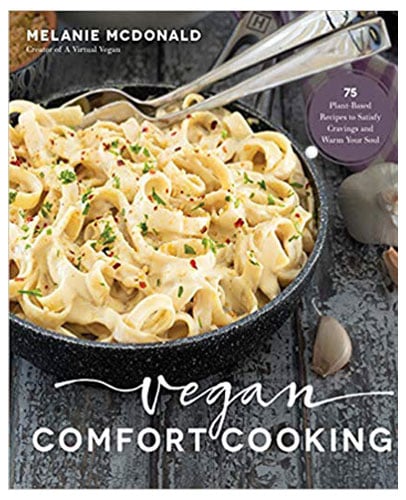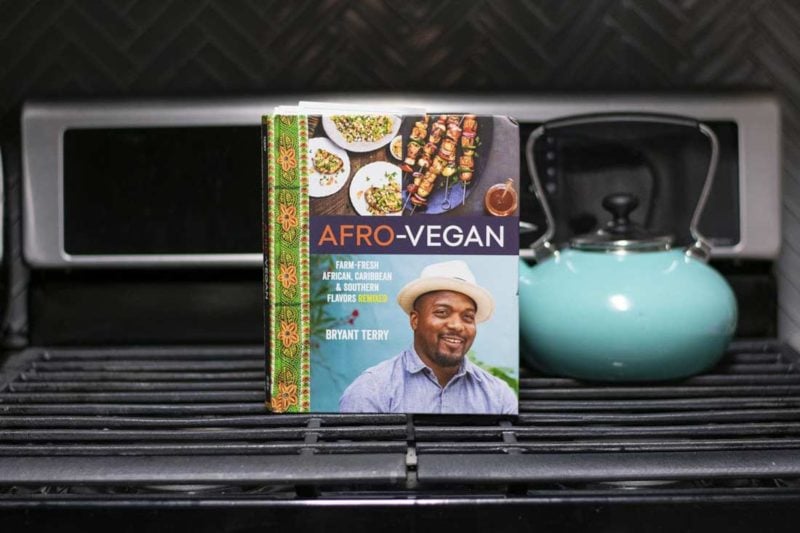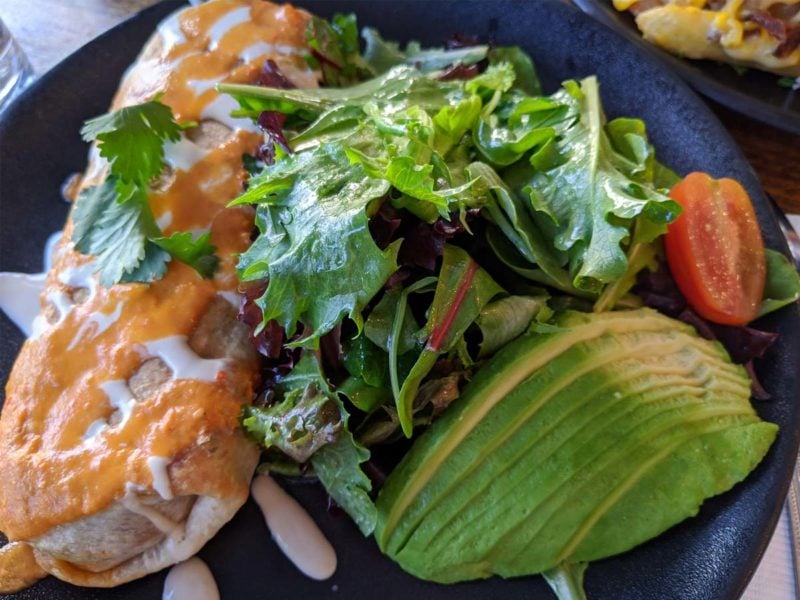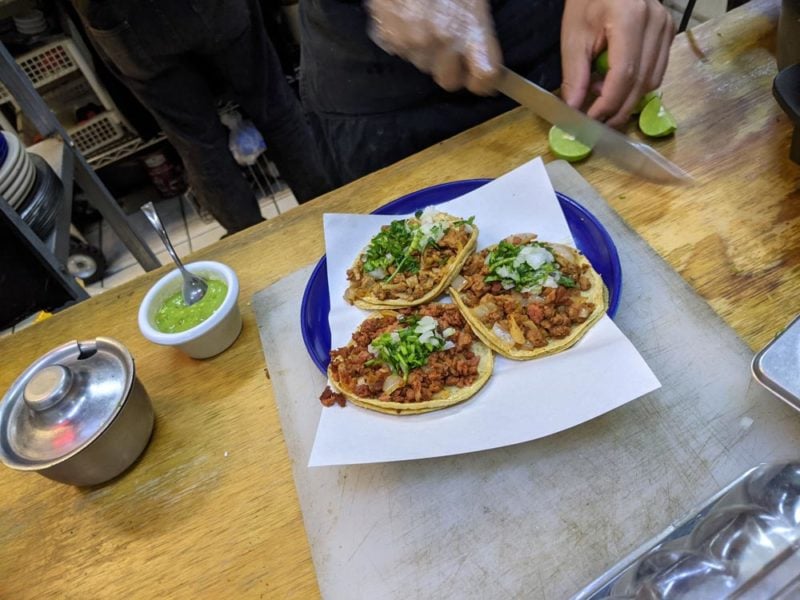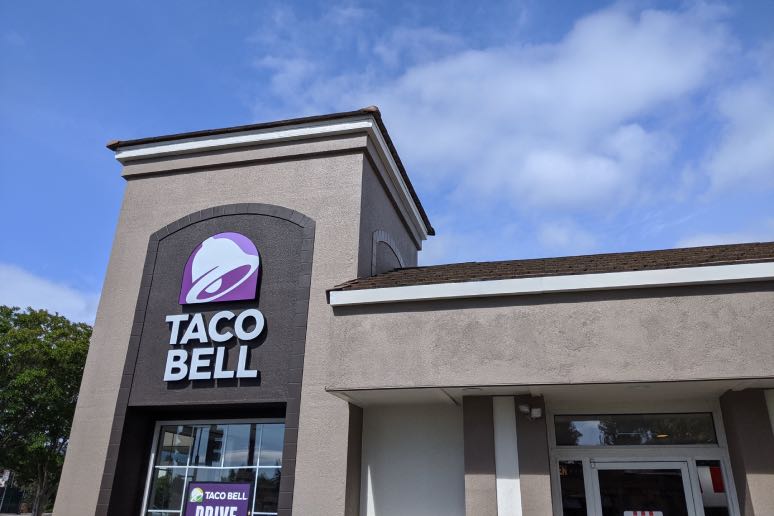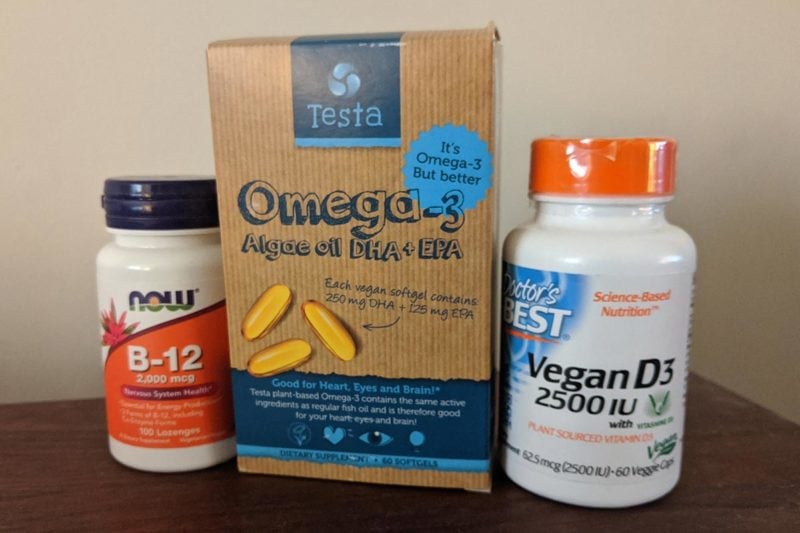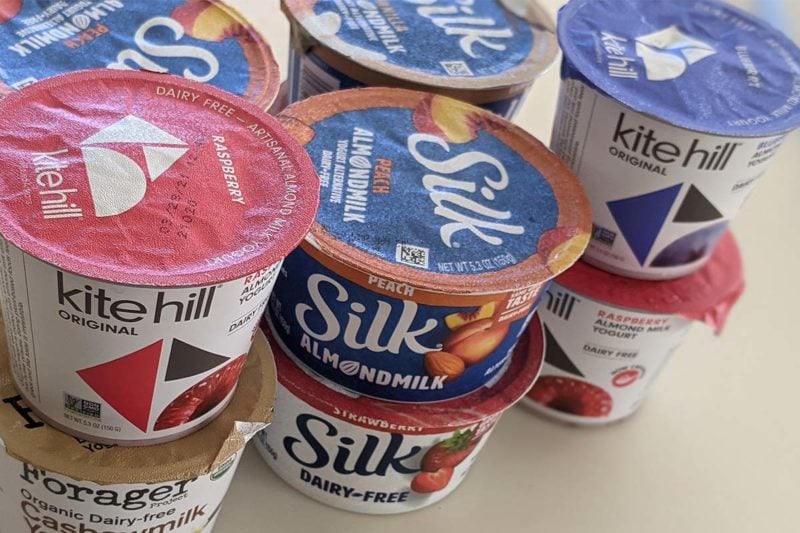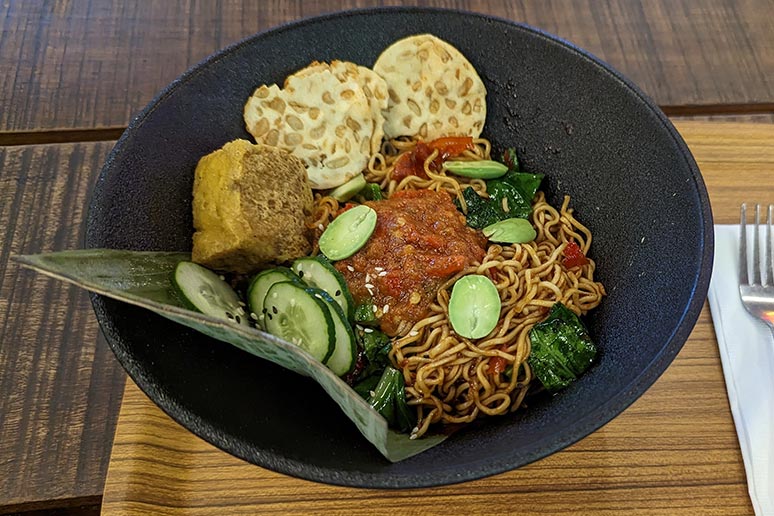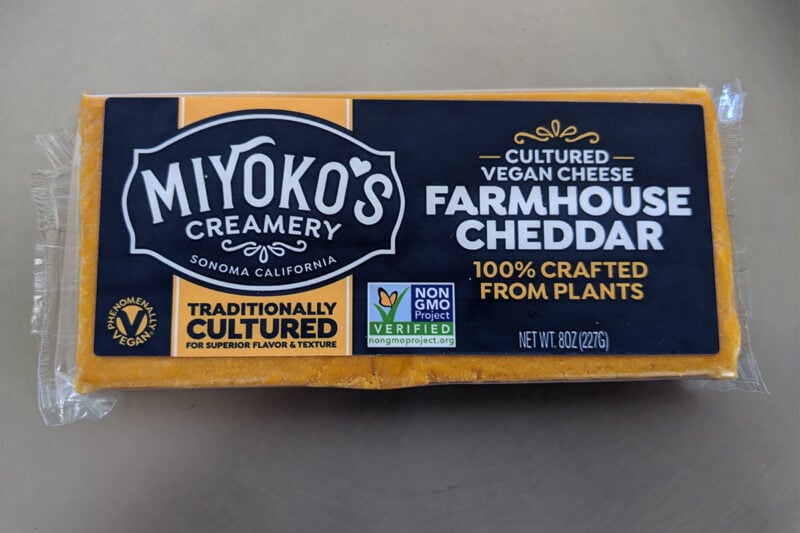Chapter 12
Natural Food Stores
Now that we’ve considered your vegan options in supermarkets, it’s time to give the same treatment to natural food stores.
When you’re checking out a natural food store, the first thing you need to do is to determine if it’s any good. That’s because there are really two kinds of natural food stores: bad ones and good ones. The bad natural food stores aren’t really natural food stores at all—they’re just glorified vitamin shops that carry a paltry selection of overpriced food. These places aren’t worth your time and money.
Fortunately, there’s an easy way to distinguish a good natural food store from a bad one: just check the produce section. Some of these stores don’t even carry produce, while others make a pathetic and half-hearted attempt to stock some bananas and apples. If the place isn’t willing to sell fruits and vegetables, you can bet they are making nearly all their money on selling vitamins. What you have is not a food store, it’s a pill store! You’ll do ten times better shopping for food anyplace else, including a regular supermarket.
But a good natural food store, one that’s actually in the business of selling food, offers an entirely different experience. There, you’ll find great produce, with many more organic items than a regular supermarket would sell. And you’ll find tons of vegan products that aren’t available elsewhere.
You may already know where the natural food stores are in your town. If not, they are easy to find. Just check the yellow pages under groceries and there ought to be a natural foods or health foods subheading. Also, visit WholeFoodsMarket.com and TraderJoes.com. These websites will enable you to find out if these vegan-friendly chains have stores in your area.
Where natural food markets are concerned, bigger is often better. The more floor space they have, the more different sorts of vegan goodies you can buy. Since the selection of vegan foods is so much better than what a typical supermarket will stock, I can’t take you through the store section-by-section like I did in the preceding chapter on supermarkets—there’s just too much to cover.
Instead, let me tell you about a few key areas to focus on. The better stores feature delis offering freshly-made food. Usually this stuff is quite expensive, but if you’re new to veganism I recommend you buy four or five of the most appealing items anyway. Why? Because if there’s a single piece of advice I keep coming back to, it’s that the speed at which you can comfortably transition to a vegan diet depends on the rate at which you try new foods. A natural foods deli is a great way to get several new foods under your belt without investing any real time or effort. What’s more, most of the foods sold in a deli turn out to be fairly easy to prepare. So if you fall in love with the tabouli, or the peanut lime Asian noodles, it’s a simple matter to track down a recipe, or just wing it based on the ingredients the dish contains.
Next up, let’s look at the refrigerated section. There, you’ll find all sorts of things you can’t find at your supermarket or online. If you live in a progressive, veggie friendly city, you’ll find a number of terrific pre-made items produced by local companies. The only things I’d advise against buying are the sandwiches, as they tend to be inexplicably expensive, and it’s never good to let bread sit for hours or days after a sandwich is made.
The refrigerated section will also feature several kinds of fake meat, as well as vegan cheeses, yogurts, and mayonnaise. This section should also carry tofu, tempeh, and seitan—these foods are featured in a number of recipes, and stick to your ribs the way meat does. Finally, look for fresh eggless pasta, which, although expensive, tastes infinitely better than dried pasta.
Now let’s leave the refrigerated section and visit the area where a good natural food store really shines: the bulk foods department. Here we’ll find pasta, dried beans, rice, grains, numerous varieties of flour, and a wide assortment of nuts and dried fruit. If that’s not enough, you can even find some fantastic vegan candy: many places will carry chocolate coconut haystacks that are vegan and ridiculously good. Some bulk departments will also sell various nut butters, which you’ll scoop straight from the bucket into your own container. And don’t forget that bulk departments usually offer spices and coffee in bulk as well. The spices in particular are generally sold at a huge discount over pre-packaged brands.
I always hit the frozen foods section last since I don’t want these foods to melt during the trip home. But if you’re on a budget, I recommend avoiding all frozen foods except berries and veggies. Whereas non-vegan frozen foods can be extremely cheap, vegan frozen foods are often a budget buster. Whether we’re talking pizza or pot pies or frozen entrees, the cost of these items frequently borders on exorbitant, and the serving sizes tend to be tiny.
Still, you can find some interesting foods in the frozen section, and just looking at the packaging may give you an idea of things you want to cook from scratch. Plus, there are several excellent brands of vegan ice cream. These ice creams vary considerably from one brand to the next, so try them all in order to decide which ones you like best.
The cereal, crackers, chips, and cookies aisles will look a lot like that of a typical supermarket. But the products will tend to be made from better ingredients, more expensive, and much more likely to be vegan.
Before you leave the store, remember that it’s all about the produce. So, unless you are a regular at your local farmers’ market, be sure to load up your cart with fruits and veggies.
Next Chapter: Farmers’ Markets
Return to: Table of Contents
Get the updated second edition of this book on Kindle for just 99 cents, or in paperback for $8.95.
This page and The Ultimate Vegan Guide is Copyright 2010 by Erik Marcus, all rights reserved. My writing is my sole means of support, so please don’t abuse the generosity I’ve shown in making the full text of this book freely available from Vegan.com. Posting the text of this book to other websites, and copying or distributing it through other means, is strictly prohibited.

